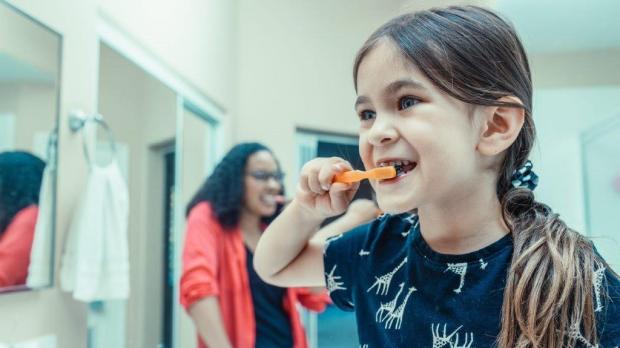As your child moves into adolescence, it can be challenging for both parents and young people.
It can be an anxious time for some teenagers, with scary body changes, bullying by peers and a new search for independence. This can lead to:
- Passive-aggressive behaviour: “I’ll do it in a minute."
- Self-consciousness: "What are you staring at?"
- Self-doubt: "I’m not good at anything."
- Over-confidence: "Well, I thought I could do that."
- Moodiness: "Leave me alone."
Dealing with teenagers is by no means an easy task given the frequent changes in behaviour.
As teenagers start making their own decisions, the relationship between them and you will change. As a parent, you’ll explore the fine balance between offering support while letting your teenager (safely) learn from the results of their actions.
During this stage, peer pressure is at its highest as teenagers sometimes identify with and value more the opinion of their friends rather than the opinion of their parents.
If you create a supportive, positive and fun family environment with open communications and encouragement to participate in community activities, your teenagers will work though these years into adulthood.







